eLearning Resources and News
learning, networks, knowledge, technology, trends
by George Siemens
Addressing Problems of Faculty Resistance

James Morrison tackles the topic encouraging faculty to expand their range of instructional strategies and increase utilization of technology in the process. A great discussion follows the original post.
Obviously, you don’t need technology to be a provide a great learning experience. Creative, engaging, and participatory learning is an educational mindset, not something that requires blogs, wikis, Second Life, and podcasts.
What technology does, however, is expand the range of options for interaction.Classroom walls give way to global connections. Single educator models are replaced with distributed networks.
A bit utopian? Perhaps. But, once control shifts to a network of learners, the prospect arises for the creativity that exists in open source software and with application developers (i.e. iPhone, Facebook) can be applied to education.
Social Media Guidelines

You’d think that certain things are obvious and don’t need to be explained. For example, a company like Intel deals with pretty cutting edge technology. This requires some fairly intelligent people.
Apparently, even then, organizations have to tell their employees how to use social media:
“These are the official guidelines for social media at Intel. If you’re an Intel employee or contractor creating or contributing to blogs, wikis,social networks, virtual worlds, or any other kind of social media both on and off intel.com - these guidelines are for you.”
Tools and Our Brain
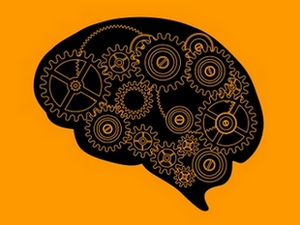
We often hear about how technology doesn’t change the brain. Or, at least that technology doesn’t impact how we think in the short term. Evolution, we are told, takes much, much longer.
This argument then forms the basis for treating technology only as a tool - something that we use and select for particular tasks (for a review of the differing views of technology, see Heather Kanuka’s excellent article(.pdf) on the subject).
Norman Doidge, in his text The Brain that Changes Itself, provides many compelling examples of how technology, tools, and experiences can substantially rewire the human brain in a short period of time.
While we may disagree about the impact of technology on humanity, it is difficult to argue that technology does not alter mental functioning.
Computers, mobile phones, and web search form the basis of a network of and for cognition. Consider this study of how tools become part of the body. We have a reciprocal relationship with tools: we use them, they change us.
As McLuhan stated: first we shape the tools, thereafter the tools shape us.
Social Media and Social Divisions

Does the internet - social media in particular - act as a unifier? Apparently not,according to several researchers.
Instead, social media amplifies existing social structures. Or, as Danah Boyd states, “pervasive social stratification is being reified in a new era”.
Technology doesn’t (immediately) alter human nature. It provides new views (mirrors) for seeing what we are.
The desire to associate with people who share our beliefs, values, and economic conditions, migrates to new social spaces - digital or physical.
That Brain of Ours

Researchers are in the early stages of understanding the dynamics of the human brain.
Discoveries (interesting word - how do constructivists respond to the notion of discovery?) to date are causing shifts in views in fields like law and the legal code.
If I commit a crime, and it is due to a brain lesion or a developmental disability, should I still be punished as if though it was a free will choice?
What I find most interesting in developments in neuroscience is the growing understanding of the brain as a complex system and knowledge / thought as connection-forming and patterning (we had a short discussion of the support neuroscience offers for connectivism during CCK08 last year).
Two resources on this topic:
- How chaos drives the brain - a short, but intriguing video of patterns (waves) of thought activity.
- Olaf Sporns presentation from 2007 where he discusses the brain as a complex systems that produces networks configurations often noted in sociology and mathematics (i.e. small world phenomena).
Consumer Voices

Trends can build and develop for long periods of time without significantly impactingstatus quo.
Periodically, the trends coalesce and offer an expression of the nature of change. YouTube, for example, has had moments where it exerts its growing influence on existing political discourse (US presidential elections) and entertainment (pick any of the dozens of YouTube-created celebrities).
Occasionally, an example of the depth of the power shift from The One to The Many arises.
Dave Carroll’s damaged guitar, at the hands of United Airlines, resulted in this music video. Approaching 500,000 views, it has become an embarrassment to United and a rallying cry for frustrated travelers.
The appeal of this video is largely based in the shared experience of suffering indignity and of “voice-less-ness” when dealing with large corporations.
There is in this video, I think, as sense of expression given to our collective feelings of being powerless... followed by a sense (hope?) of the ability for emerging media to alter power relationships.
Five Ways To Run a Deadly Online Seminar
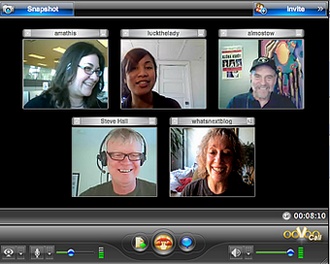
Alan Levine reflects on his experience attending an online seminar:
“I recently felt like this wistful gal during a recent online seminar- isolated, lonely, and wishing to go outside and play.With nose-diving budgets and more work moving online, it’s time to raise the bar on how we run online events.
Like a horrendously designed PowerPoint, no one sets out with a plan of creating a deadly dull online seminar, but they seem to happen often enough.”
The move to online meetings parallels the experiences I had in the late 90’s/early 00’s with teaching online.
The initial assumption is “no problem, I know my stuff. I can teach this online”. But, the online medium is different from face-to-face - different orientation points, cues, distractions, etc.
As with teaching and learning, the goal is to transform the experience for the environment, not merely transfer it.
On a side note, Alan delivered an exceptional presentation at ED-MEDIA a few weeks ago on 50+ web 2.0 ways to tell a story. He used Cooliris as the presentation tool - visual and effective.
Originally written by George Siemens for elearnspace and first published on July 17th, 2009 in his newsletter eLearning Resources and News.
About the author

To learn more about George Siemens and to access extensive information and resources on elearning check out www.elearnspace.org. Explore also George Siemens connectivism site for resources on the changing nature of learning and check out his new book "Knowing Knowledge".
Photo credits:
Addressing Problems of Faculty Resistance - kmitu
Social Media Guidelines - Irina Tischenko
Tools and Our Brain - sgame
Social Media and Social Divisions - jjavo
That Brain of Ours - pablo631
Consumer Voices - Mikael Damkier
George Siemens -
Reference: eLearnSpace [ Read more ]








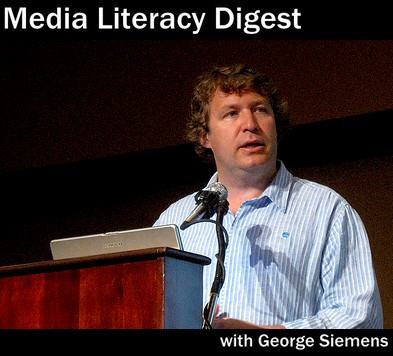
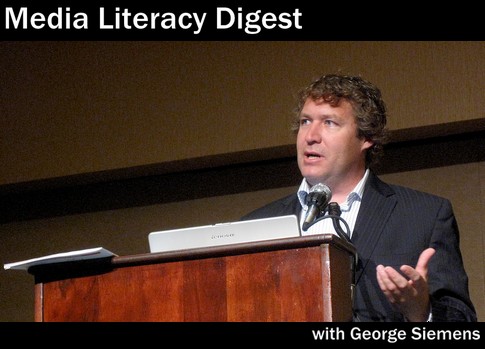
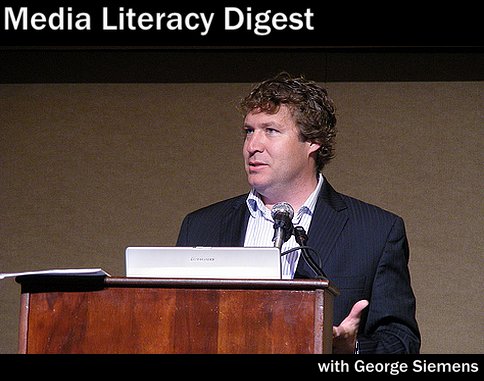
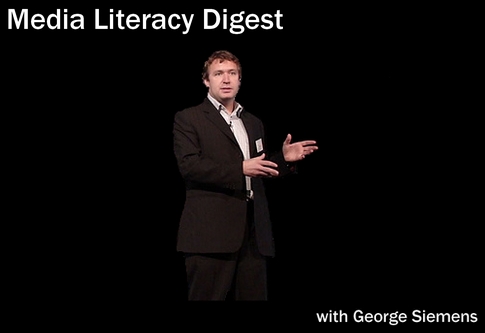
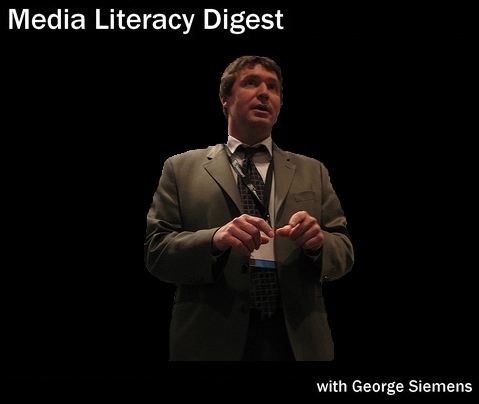
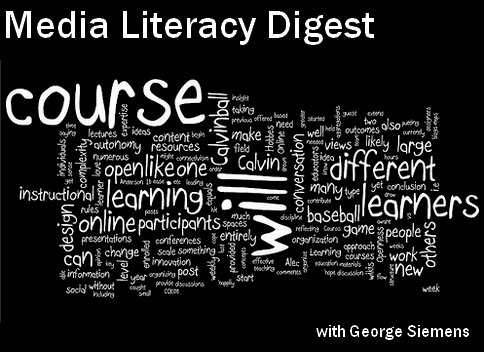
![]()




















No hay comentarios.:
Publicar un comentario